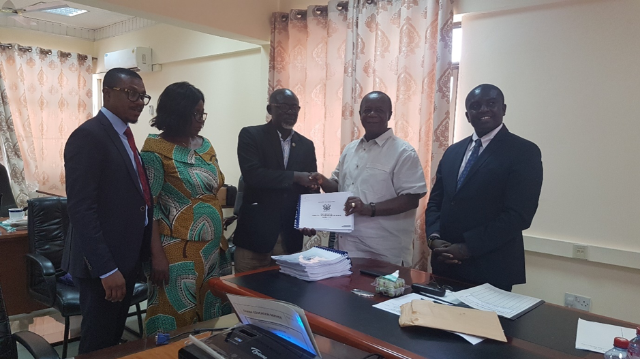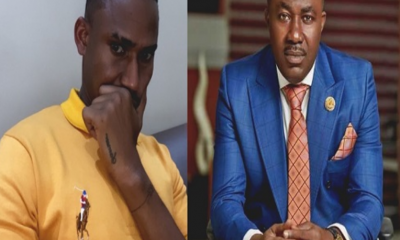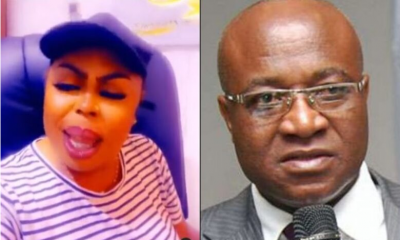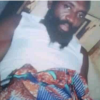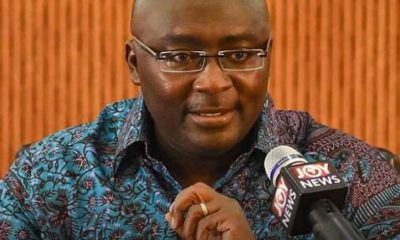Gossip
A new curriculum for the new Ghana we want
The saying is true at both the personal and national levels that education is the greatest investment you can make. Education is the path out of poverty for nations as much as it is for individuals. In a fast-changing world, this statement is more valid than ever. Critical advances in technology have revolutionized the world in which we live and brought us closer together, while held apart by the quality of human resources we have. Ghana has no choice than to raise its game considerably in order to give its young people a fighting chance in the new global economy. And this week, we took a vital step towards realizing that vision when the National Council for Curriculum and Assessment (NaCCA) handed over the new, revised national curriculum to the Ghana Education Service.
The quality of content and instruction are essential towards the realization of optimum learning outcomes. Broadly, the acceptable practice is for national curricula to be reviewed and revised every five years so as to reflect new learning, advances in pedagogical thought and technology. Unfortunately, it has been a full twelve years since we did that. Since 2007 when we last reviewed our curriculum, a lot has changed. Indeed, a lot has changed since 2012, when the next review should have been conducted. Unfortunately, our children have had to make do with the old syllabus which had a few challenges, apart from it being unduly dated and out of step with global trends.
These included the overload of content, which burdened students and led to an inability to fully comprehend the subjects and concepts they were expected to master. The syllabus was also not focused on the national objectives of industrialization and self-sufficiency. We did not have citizenship values baked into the curriculum which would ensure that our young people are brought up to be useful and productive citizens who understand and accept their role in moving this nation forward.
On top of all these, the system of instruction itself had more than its fair share of challenges. Over the years, we have become unduly focused on testing – and preparing to meet that singular objective. This was at the cost of actual learning that involved fully appreciating not only the answers but the history and process that brought one to those answers. There was no established national standard of performance that would help measure and gauge pupil’s competencies and progress in basic tasks such as literacy and numeracy. This meant there was little or no accountability, the inability to spot challenges early and a dearth of information that could help inform improvements in teaching and learning.
The result of all these was poor learning outcomes, the perennial headlines about abysmal pass rates at various levels of education and the inability of our fully trained students to be assimilated into the world of work in order to do their bit for national development and recoup the benefit of many years and great expense of education.
This was unacceptable.
On assumption of office, President Nana Addo Danquah Akufo Addo, demonstrating the urgency with which he views the subject of education, instructed NaCCA to conduct a comprehensive review and revision of the national curriculum and bring it in line with global standards and the national vision. This new curriculum was not only to support robust academic achievement but also to ensure that pupils were fully aware of their national heritage and culture, our place in the world and become committed to improving our nation through innovation and entrepreneurship. It was to produce curious, caring and committed graduates who would be able to go out and change Ghana and the world.
NaCCA accepted the challenge and over the past two years, we have worked tirelessly and aggressively to fashion a curriculum that would prepare our young people for personal, national and global challenges inherent in our fast evolving world. A 14-member Ministerial Advisory Committee chaired by Prof Kwame Osei Kwarteng of University of Cape Coast, first developed a framework on which a new curriculum has been developed with the express purpose of producing a generation that is responsive to global challenges, able to play their part in build a sustainable future compliant with the Social Development Goals set out by the United Nations and above all, catapult this nation to the level of development envisioned by our brave founders.
To provide a firm foundation for future academic endeavour, the new curriculum places a renewed focus on reading, writing, arithmetic and creativity. Proficiency in English language will enable pupils to imbibe and express ideas clearly and confidently while strengthening the teaching of mathematics, in recognition of its role as a foundational building block for other subjects, will be a boon to our national mission of industrialization.
To prepare them for the ICT-first world that is evolving globally, learners will be exposed to and have digital technology and skills inculcated in them. Basic ICT skills will become an increasingly vital skill in navigating public and commercial services and transactions and the new curriculum recognises and prepares pupils for this. Pupils will also be equipped with financial literacy and entrepreneurial skills to create a critical mass of job creators and innovators, as opposed to job seekers.
To make them comfortable global citizens, students will be taught at least one foreign language such as French or Arabic, in addition to local languages and of course, English. Exposure to multiple languages is known to improve general academic performance, in addition to being an essential soft skill that will become vital in an interconnected, interdependent world.
To create engaged citizens committed to the national cause, the new curriculum reintroduces a focus on the history, heritage and culture of Ghana and its constituent groups. They will be given a heightened sense of their cultural identity, knowledge and understanding of traditional norms and their own roles in moving the national narrative forward. A focus on critical thinking and problem solving as opposed to rote learning, the instilling of moral and leadership values as well as the development of foundational and lifelong skills will help ensure that learners come out of school as well rounded, versatile adults able to adapt and thrive in a variety of academic, professional and social situations. And that will be helped by the restoration of physical education an integral part of this new balanced curriculum that nurtures both mental and physical agility.
All of this will be underpinned by increased deployment of ICT tools. In sum, the new curriculum seeks to make it easier to teach and more fun to learn. Pupils will be fully engaged in the process, be given as much chance as possible to apply and demonstrate what they have learnt in an environment that fosters curiosity and creativity.
Of course, all of this will come to nought without competent and effective implementation and over the next few months, we will undertake the next and necessary step of training, consultation and testing that will ensure the success of the programme. Teachers, especially, will be key to the process and we shall be working very closely with them, as well as with school heads and administrators to ensure that our common objectives are achieved.
Our country’s future depends on the quality of education that we hand down to succeeding generations. This makes education and the quality of its provision a matter of national survival equal to security and physical health. It is heartwarming that the Akufo Addo administration has made it a focus of its tenure and is taking the bold and creative steps necessary to prepare the next generations to grow and build this country. It must succeed and all of us must do our part to ensure that it does.
The writer is the incoming Executive Secretary of the National Council for Curriculum and Assessment (NaCCA), a lecturer and education policy expert.

